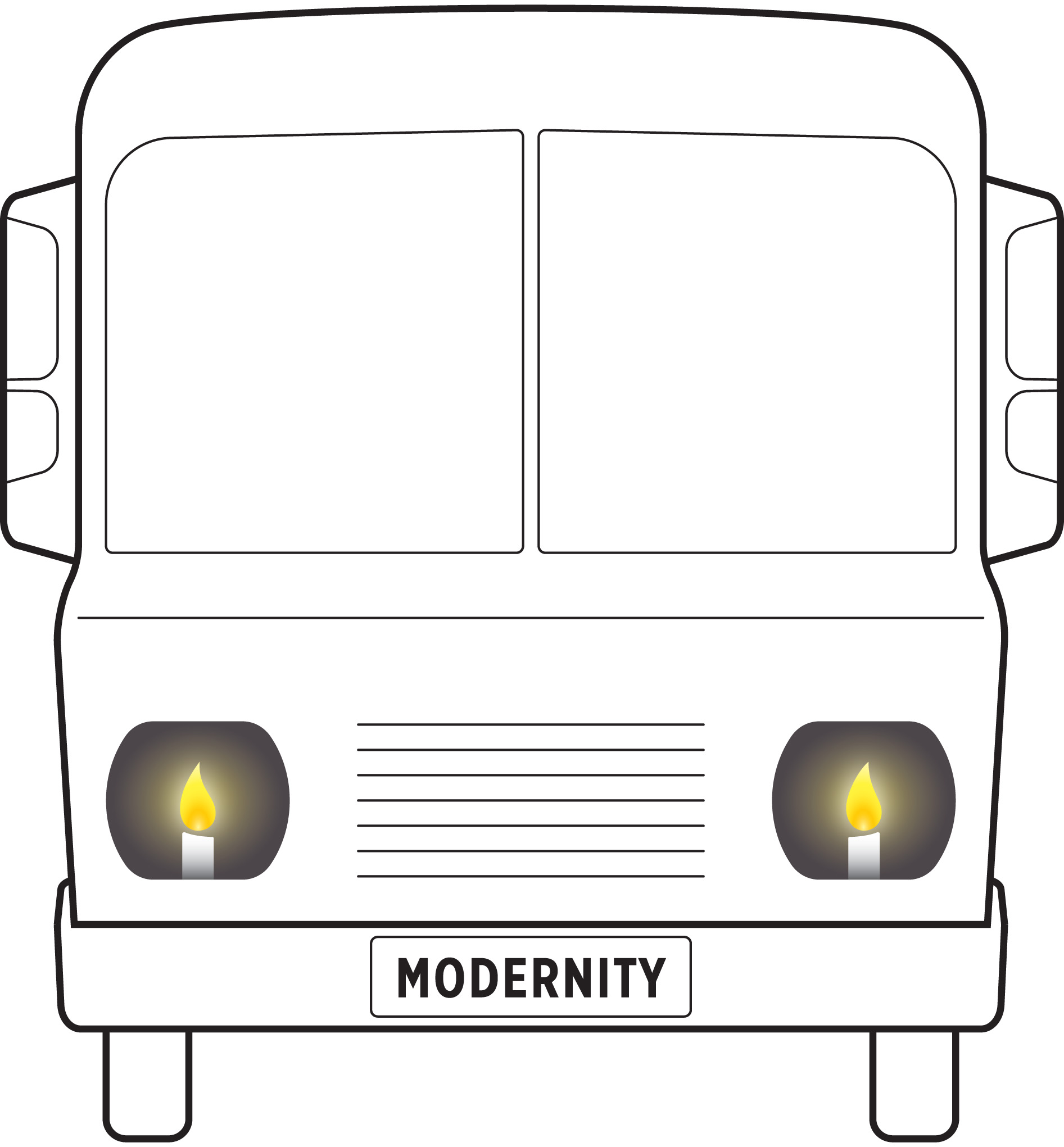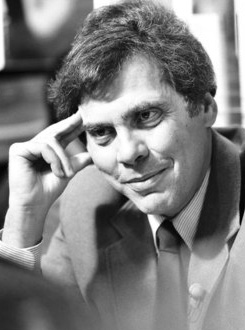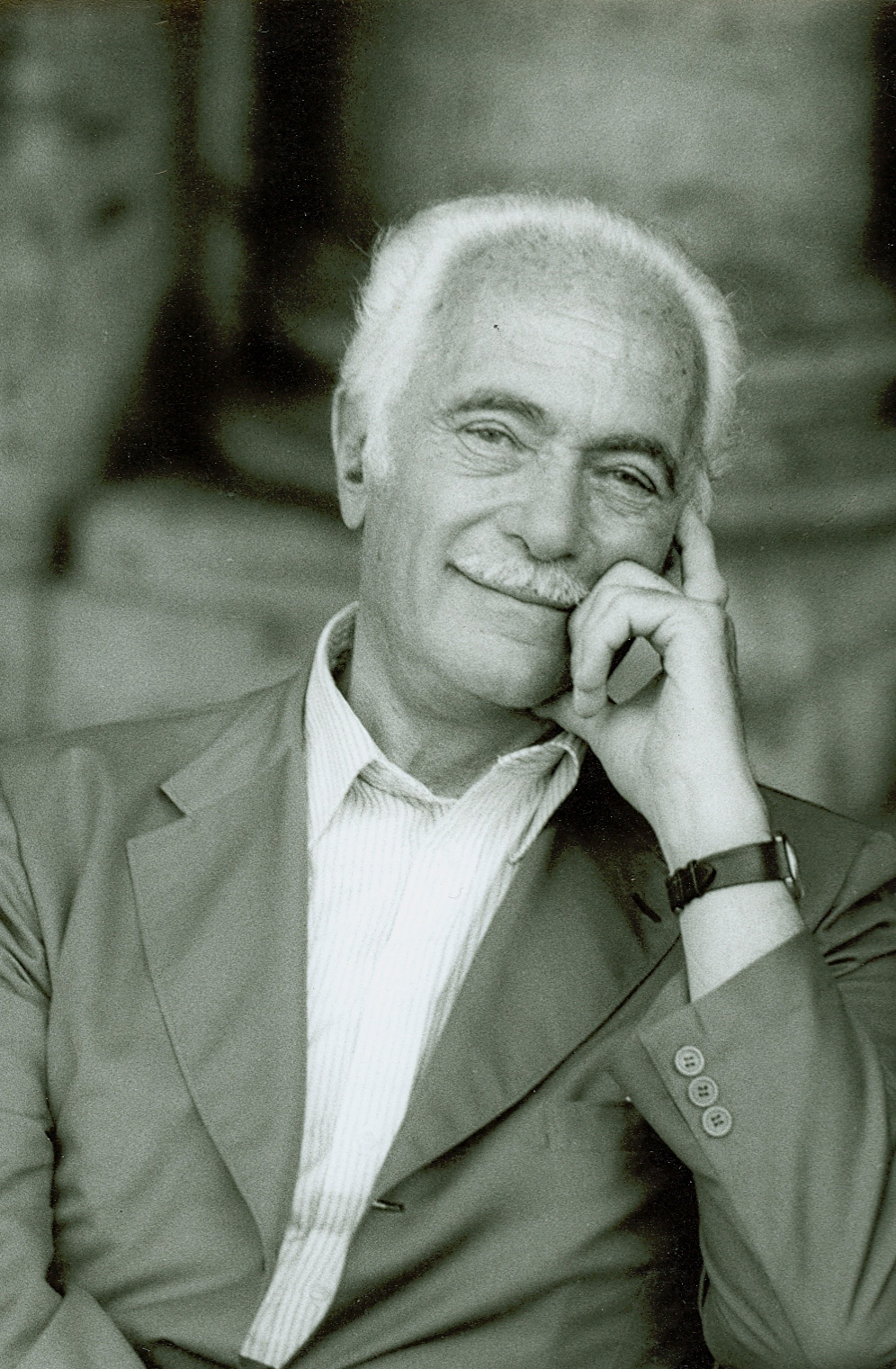Difference between revisions of "Holotopia"
m |
m |
||
| Line 37: | Line 37: | ||
<div class="col-md-3"></div> | <div class="col-md-3"></div> | ||
<div class="col-md-7"><h3>In detail</h3> | <div class="col-md-7"><h3>In detail</h3> | ||
| − | <p>What would | + | <p>What would information be like if we treated it as we treat other human-made things—by adapting it to the purposes that need to be served?</p> |
| − | <blockquote>The substance of our proposal is | + | <blockquote>The substance of our <em>knowledge federation</em> proposal is a complete <em>prototype</em>—by which the new approach to information is made concrete, and ready to be implemented in practice. </blockquote> |
<p>What consequences will <em>knowledge federation</em> have? How will information be different? How will it be used? By what methods, what social processes, and by whom will it be created? What new information formats will emerge, and supplement or replace the traditional books and articles? How will information technology be adapted? What will public informing be like? And <em>academic communication, and education</em>? The proposed <em>prototype</em> includes concrete answers to those and other related questions.</p> | <p>What consequences will <em>knowledge federation</em> have? How will information be different? How will it be used? By what methods, what social processes, and by whom will it be created? What new information formats will emerge, and supplement or replace the traditional books and articles? How will information technology be adapted? What will public informing be like? And <em>academic communication, and education</em>? The proposed <em>prototype</em> includes concrete answers to those and other related questions.</p> | ||
| Line 44: | Line 44: | ||
| − | |||
<div class="row"> | <div class="row"> | ||
<div class="col-md-3"><h2>An application</h2></div> | <div class="col-md-3"><h2>An application</h2></div> | ||
| − | <div class="col-md-6"><h3>Can new 'headlights' help us "change course"?</h3> | + | <div class="col-md-6"><h3>Can the new 'headlights' help us "change course"?</h3> |
<p>The Club of Rome's assessment of the situation we are in, provided us with a benchmark challenge for putting the proposed ideas to a test. Four decades ago—based on a decade of this global think tank's research into the future prospects of mankind, in a book titled "One Hundred Pages for the Future"—[[Aurelio Peccei]] issued the following warning: | <p>The Club of Rome's assessment of the situation we are in, provided us with a benchmark challenge for putting the proposed ideas to a test. Four decades ago—based on a decade of this global think tank's research into the future prospects of mankind, in a book titled "One Hundred Pages for the Future"—[[Aurelio Peccei]] issued the following warning: | ||
<blockquote> | <blockquote> | ||
| Line 78: | Line 77: | ||
<blockquote>The Holotopia <em>prototype</em> is conceived as a way to <em>federate</em> Aurelio Peccei's insight, and call to action.</blockquote> | <blockquote>The Holotopia <em>prototype</em> is conceived as a way to <em>federate</em> Aurelio Peccei's insight, and call to action.</blockquote> | ||
</div> </div> | </div> </div> | ||
| + | |||
| + | |||
| + | <!-- XXX | ||
<div class="row"> | <div class="row"> | ||
Revision as of 10:11, 15 July 2020
Contents
Holotopia
Imagine...
You are about to board a bus for a long night ride, when you notice the flickering streaks of light emanating from two wax candles, placed where the headlights of the bus are expected to be. Candles? As headlights?
Of course, the idea of candles as headlights is absurd. So why propose it? Because on a much larger scale this absurdity has become reality.
The Modernity ideogram renders the essence of our contemporary situation by depicting our society as an accelerating bus without a steering wheel, and the way we look at the world, try to comprehend and handle it as guided by a pair of candle headlights.
Our proposal
In a nutshell
The core of our knowledge federation proposal is to change the relationship we have with information.
What is our relationship with information presently like?
Here is how Neil Postman described it:
"The tie between information and action has been severed. Information is now a commodity that can be bought and sold, or used as a form of entertainment, or worn like a garment to enhance one's status. It comes indiscriminately, directed at no one in particular, disconnected from usefulness; we are glutted with information, drowning in information, have no control over it, don't know what to do with it."
In detail
What would information be like if we treated it as we treat other human-made things—by adapting it to the purposes that need to be served?
The substance of our knowledge federation proposal is a complete prototype—by which the new approach to information is made concrete, and ready to be implemented in practice.
What consequences will knowledge federation have? How will information be different? How will it be used? By what methods, what social processes, and by whom will it be created? What new information formats will emerge, and supplement or replace the traditional books and articles? How will information technology be adapted? What will public informing be like? And academic communication, and education? The proposed prototype includes concrete answers to those and other related questions.
An application
Can the new 'headlights' help us "change course"?
The Club of Rome's assessment of the situation we are in, provided us with a benchmark challenge for putting the proposed ideas to a test. Four decades ago—based on a decade of this global think tank's research into the future prospects of mankind, in a book titled "One Hundred Pages for the Future"—Aurelio Peccei issued the following warning:
"It is absolutely essential to find a way to change course."
Peccei also specified what needed to be done to "change course":
"The future will either be an inspired product of a great cultural revival, or there will be no future."
This conclusion, that our present crisis has cultural roots and must be handled accordingly, Peccei shared with a number of twentieth century's thinkers. Arne Næss, Norway's esteemed philosopher, reached it on different grounds, and called it "deep ecology".
In "Human Quality", Peccei assessed our contemporary situation as follows:
"Let me recapitulate what seems to me the crucial question at this point of the human venture. Man has acquired such decisive power that his future depends essentially on how he will use it. However, the business of human life has become so complicated that he is culturally unprepared even to understand his new position clearly. As a consequence, his current predicament is not only worsening but, with the accelerated tempo of events, may become decidedly catastrophic in a not too distant future. The downward trend of human fortunes can be countered and reversed only by the advent of a new humanism essentially based on and aiming at man’s cultural development, that is, a substantial improvement in human quality throughout the world."
The Club of Rome insisted that lasting solutions would not be found by focusing on specific problems, but by transforming the condition from which they all stem, which they called "problematique".
Federating Peccei
Why did Peccei's call to action remain unanswered? Why wasn't The Club of Rome's purpose—to illuminate the course our civilization has taken—served by our society's institutions, as part of their function? Isn't this already showing that we are 'driving with candle headlights'?
The Holotopia prototype is conceived as a way to federate Aurelio Peccei's insight, and call to action.



